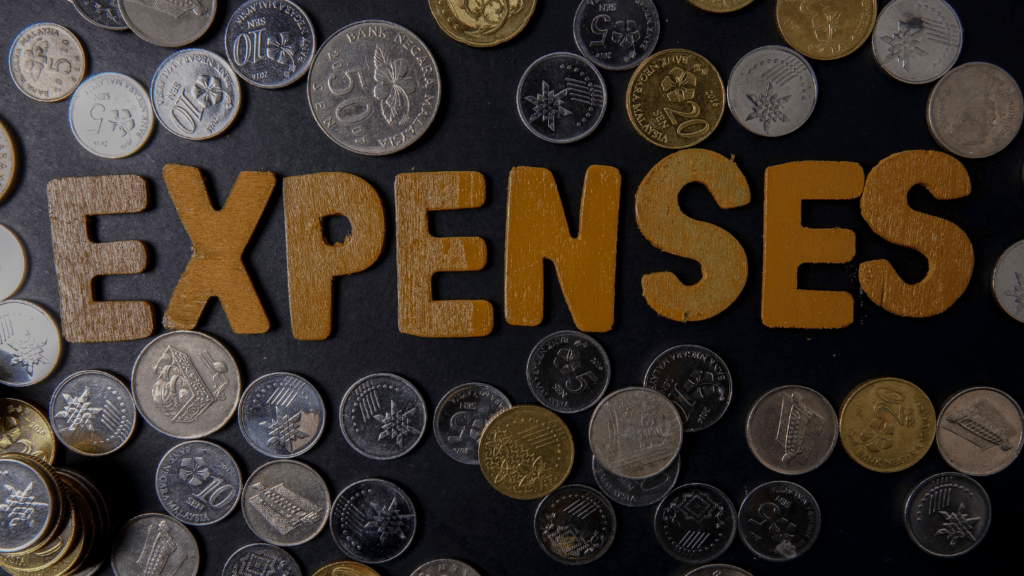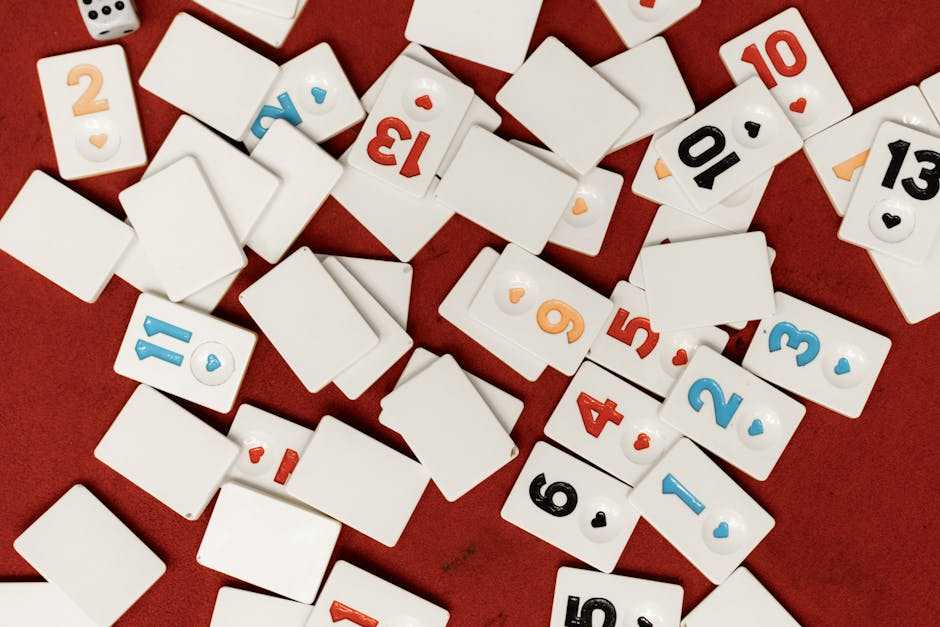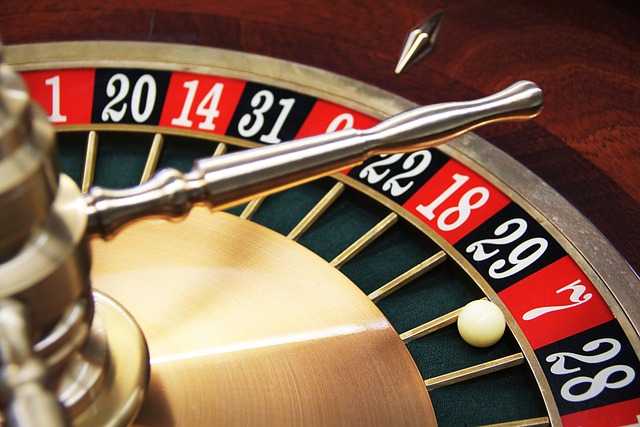Understanding Gambling as a Form of Escape
Gambling provides a way for some to evade life’s challenges, offering a break from reality. This form of escape ties directly into psychological behaviors and needs.
The Psychological Drive Behind Escape Gambling
Individuals often turn to gambling to escape emotional distress. Anxiety, stress, and depression create a strong urge for distraction. The highs from gambling act as a temporary relief.
Research indicates that gambling triggers the brain’s reward system, releasing dopamine and creating pleasure sensations (American Psychological Association).
This neurological response reinforces the desire to gamble again, seeking the same pleasurable effect.
Key Theories Explaining the Escape Phenomenon
Several theories offer insight into why people use gambling as an escape:
- Cognitive-Behavioral Theory: Suggests that individuals gamble to escape negative thoughts and feelings. The act distracts them from their problems, creating a cycle of dependency.
- Self-Medication Hypothesis: Proposes that people gamble to self-soothe underlying psychological issues. Just as some might turn to substances, others choose gambling for its numbing effects.
- Escape Theory: Explains that people engage in behavior, like gambling, to flee from self-awareness. It helps them avoid dealing with personal failures or low self-esteem.
Understanding these theories provides a clearer picture of the psychological underpinnings of escape gambling.
This knowledge can help develop better mental health interventions and support systems for those affected.
The Role of Stress and Mental Health in Gambling Behaviors
Stress and mental health significantly impact gambling choices. Analyzing these influences reveals patterns crucial for understanding and addressing gambling as an escape mechanism.
How Stress Influences Gambling Decisions
Stress affects gambling choices by elevating emotional distress and seeking quick relief. High stress levels often drive individuals to engage in gambling activities to momentarily escape their difficulties.
Financial problems, relationship issues, and job stress are common stressors prompting gambling behavior.
Studies show that increased stress correlates with higher gambling frequency and severity. Stress-related hormones like cortisol can alter brain functions, making risky behaviors like gambling more appealing.
Mental Health Disorders and Their Connection to Gambling
Mental health disorders contribute to gambling behaviors by magnifying psychological issues. Depression, anxiety, and PTSD are frequently linked to gambling addiction.
These conditions often exacerbate feelings of hopelessness, prompting individuals to gamble as a form of self-medication.
The National Institute of Mental Health (NIMH) reports that individuals with mental health disorders are more prone to problem gambling.
Gambling provides a temporarily reward by triggering dopamine release, but it subsequently worsens underlying mental health conditions.
Therapies addressing both gambling addiction and mental health disorders prove more effective in achieving long-term recovery.
Exploring the Impact of Escape Gambling on Everyday Life
Escape gambling significantly affects various aspects of daily life, impacting both individuals and their social circles. Examining these impacts provides insight into the far-reaching consequences of this behavior.
Personal and Social Consequences of Gambling
Personal consequences include deteriorating mental health and strained relationships. Chronic escape gambling often leads to severe anxiety and depression.
An individual’s priority becomes gambling, neglecting self-care and responsibilities.
Social consequences affect relationships with family and friends. Trust erodes as gamblers may lie or hide their behavior.
Social isolation increases as time spent gambling replaces social interactions and activities. Escalating conflicts often result from financial issues linked to gambling.
Financial Ramifications of Chronic Gambling

Chronic gambling depletes financial resources. Individuals experience mounting debts and financial instability.
Essential expenses like:
- Bills
- Rent
- Groceries
Often go unpaid, leading to further stress.
Gambling impacts employment by reducing productivity and increasing absenteeism.
Job loss can occur when gambling interferes with professional responsibilities. Seeking financial help becomes necessary, further straining personal relationships.
| Impact | Consequence |
|---|---|
| Mental health | Increased anxiety and depression |
| Relationships | Strained family and friendships |
| Financial | Mounting debts, unpaid bills |
| Employment | Reduced productivity, potential job loss |
This interconnected web of personal, social, and financial consequences underscores the profound effects of escape gambling on everyday life.
Approaches to Managing and Treating Escape Gambling
Professionals address escape gambling using various strategies, focusing on psychological interventions and support networks.
Psychological Interventions and Their Effectiveness
Cognitive Behavioral Therapy (CBT) often treats escape gambling. CBT helps individuals recognize and alter unhealthy thought patterns.
Research in 2018 indicated a success rate of up to 60% in reducing gambling behaviors using CBT. Motivational Interviewing (MI) complements CBT by enhancing individuals’ motivation to change.
Meta-analysis from 2016 highlighted MI’s effectiveness in fostering engagement and reducing gambling urges.
Another approach, Mindfulness-Based Interventions (MBIs), teaches gamblers to live in the present. Studies have shown that MBIs significantly reduce stress and gambling frequency.
The Role of Support Networks and Rehabilitation Programs
Support networks play a crucial role in recovery. Gamblers Anonymous (GA), modeled after Alcoholics Anonymous, offers peer support and accountability.
Statistics show that GA attendees have higher abstinence rates.
Family therapy also strengthens support systems, addressing relational issues. Rehabilitation programs often combine therapies with educational workshops.
Residential treatment centers provide structured environments, crucial for severe cases.
Programs such as these show considerable success, with some reporting improved mental health and reduced gambling behavior post-treatment.




